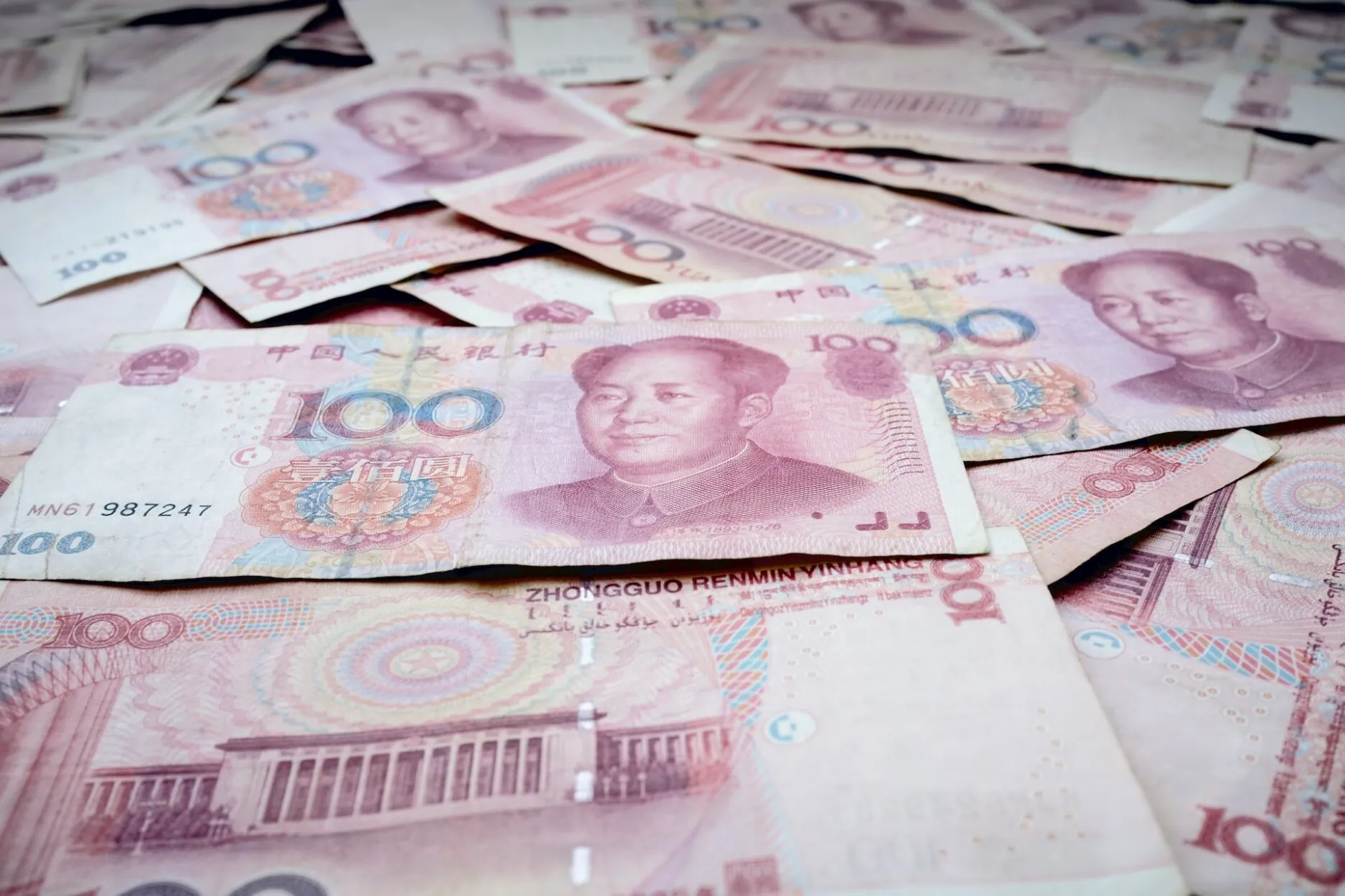In its latest bid to promote the use of its state-backed cryptocurrency alternative, the Chinese government has rolled out updates to improve the usability of the digital Renminbi app, which is still in pilot format.
The new “charge now, use later” function allows foreign users of the digital RMB payment app to top up their digital wallets using international cards, including Visa and Mastercard. Any remaining balance in the e-CNY wallet can be returned to the foreign bank account that was used to load the wallet. Users can now also register for the app using foreign phone numbers, significantly lowering the barrier of entry to using the app.
As a result of the updates, those visiting the country on a short-term basis can now seamlessly use the digital currency both at brick-and-mortar merchants accepting e-CNY under the trial program, or on online platforms like ride-hailing app Didi, takeaway delivery app Meituan, or e-commerce site JD.com.
Prior to these updates, users could only sign up to use digital RMB if they had an account with one of seven approved Chinese banks, effectively limiting use of the currency to foreigners already residing in China long-term. Foreigners previously also could not top up their e-CNY wallets in advance but had to do so on the spot, adding extra hassle to the process.
Some functions of the digital wallet are still off-limits to foreigners, e.g., spending limits above 50,000 RMB (6838 USD) per year require a Chinese identity card.
Zhou Maohua, an analyst at China Everbright Bank, said the upgrade will not only benefit foreigners but also increase the presence of e-CNY in international transactions, ultimately helping to promote the digital RMB worldwide.
The app was launched in early 2022 as the primary means through which citizens can use the digital Renminbi, which is issued by the People’s Bank of China and has the same valuation as the normal RMB. Initially, the pilot program only covered 12 cities in China, but was quickly expanded to encompass 23 cities including the six cities in Zhejiang province that are currently hosting the 2022 Asian Games.
The timeline for a full nationwide rollout of the currency is unknown, but the government has been working hard to improve regional uptake, including offering incentives to residents in cities covered by the trial program, requesting that major private companies like Tencent and Ant Group promote the currency on their digital payment services, and paying public sector workers in Changshu exclusively in the currency.
According to the People’s Bank of China, around 264 million transactions have been made using digital RMB, totalling 83 billion RMB (11.4 million USD) as of May this year.









